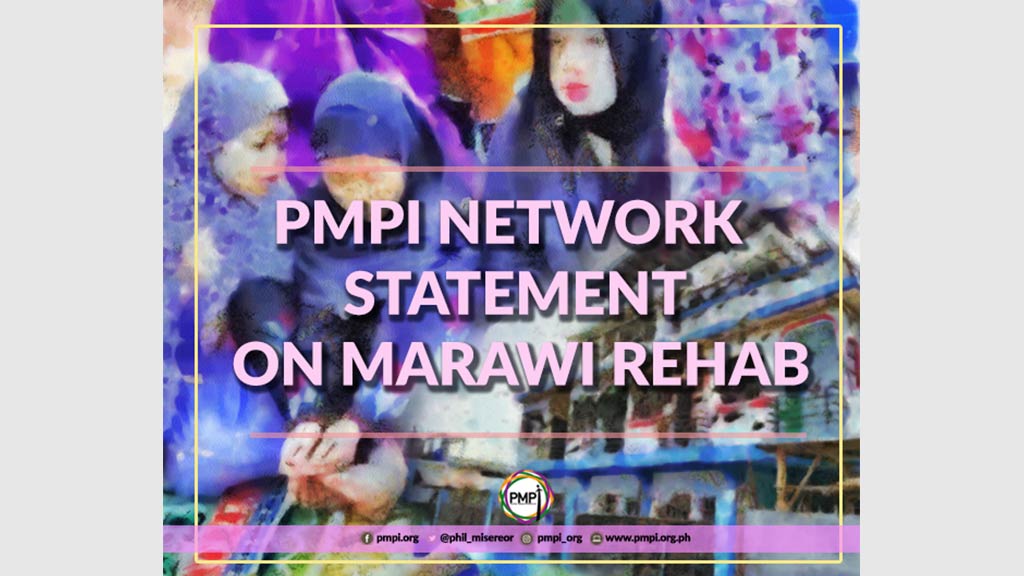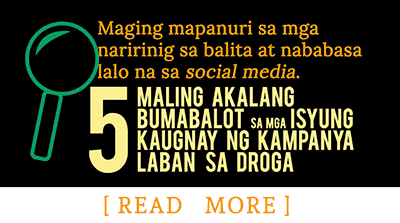Marawi residents are bound to experience another tragedy following the 5-month bombing of the city they call home. The launching of Task Force Bangon Marawi and the rehabilitation efforts present another problem, bigger than the war experienced by the people, one which they need to grapple with again and win over.
Who can ever forget the enormous impact of the war that left the only Islamic City of the country with thousands of people who lost their livelihood, hundreds of thousands individuals displaced, millions worth of properties destroyed, and the hundreds of lives lost by aerial bombings and fierce ground battles for five long months? In so many ways, the war is all about human rights violation. The people of Marawi have been wronged.
We implore, therefore, the government to address the harm done, to make things right and uphold the rights of our Muslim brothers and sisters through an inclusive and sensitive process of developing a master plan of the new city. Local government units and families affected should be the prime drivers of development and re-establishment of their communities, therefore, they should be an intrinsic part of the Task Force. No one, other than the internally displaced persons (IDP) themselves know their needs and what good they desire for their families.
Consultations with all families affected by the conflict should be carried out. Let families identify their problems, needs, and choices, and address these with much respect for their culture before any technical plans are developed. This process will ensure ownership of the project establishing their new city.
We strongly appeal for a transparent process of decision making of the Task Force in engaging all stakeholders, from planning, implementation, until turn-over of the program. It is crucial that a mechanism for transparency is established through the creation of a multi-sectoral monitoring team that will ensure culturally-sensitive and inclusive processes of building back a better collective vision of the future.
In the spirit of compassion, many groups participated in one way or another in providing relief to displaced families. Barring religious affiliation, many shared resources to facilitate relief from hunger, sickness, and psycho-social trauma caused by gunfire, bombing, and by being uprooted from the land of their childhood. Through this help and community activities, people may have reached certain level of normalcy. However, many have yet to fully recover and pick up the bits and pieces of their lives.
Despite these so called stop gap measures currently being done to address immediate needs, genuine participation of all stakeholders, especially the communities would ensure sustainability of the reconstruction program. With this, PMPI urgently calls for the review the composition Task Force Bangon Marawi and to seriously include representatives from local government and CSO representatives as regular members of the Task Force; to set-up a formal mechanism for community participation within the Task Force; and to conduct a genuine, thorough and participatory process of Post Disaster Needs Assessment, planning and visioning together with the communities.
The Marawi experience should concern not only Maranaos or Mindanaons. We appeal to the general public to continue journeying not only with the Maranaos, but our Muslim brothers and sisters. We pray for a stronger solidarity towards each other, for a sustained commitment of building harmonious relationships and strengthening of convictions to build communities of peace where understanding, mutual respect, and sensitivity on values and culture exist.

